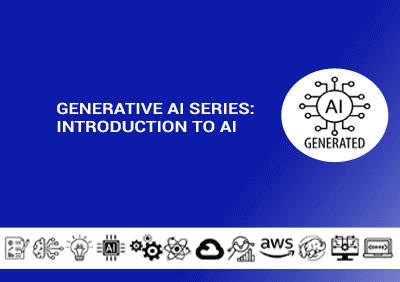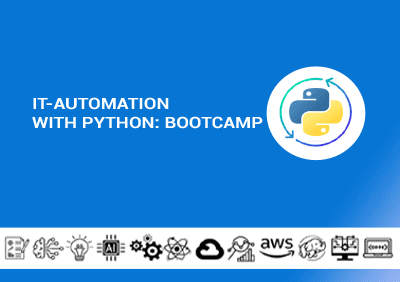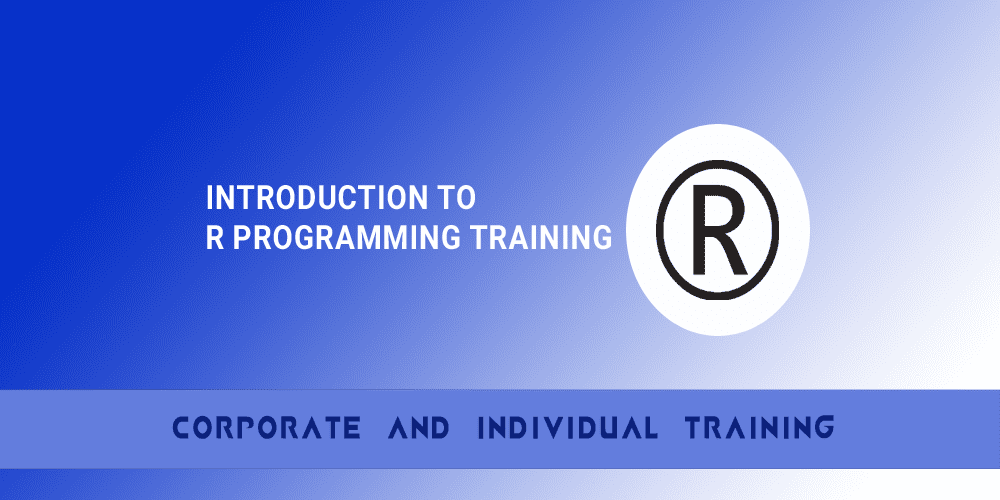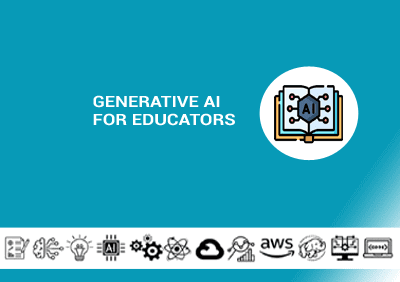- Overview
- Prerequisites
- Audience
- Curriculum
Description:
This training on AI ethics explores the ethical considerations and challenges associated with the development, deployment, and impact of artificial intelligence (AI) technologies. Participants will gain an understanding of the ethical frameworks, principles, and guidelines relevant to AI, as well as real-world case studies. The ethical, social, and cultural effect of AI on communities, institutions, and society as a whole will also be discussed. The course encourages critical thinking about the responsible use of AI in various domains.
Duration: Half Day
Course Code : BDT312
Learning Objectives:
By the end of this course, participants will be able to :
- Understand the importance of ethics in AI and its real-world implications.
- Identify key ethical issues and challenges in AI development and deployment.
- Discuss ethical frameworks and principles for AI.
- Analyse real-world case studies of ethical AI use and misuse.
- Develop a critical perspective on the ethical considerations surrounding AI technologies.
No specific prerequisites are required, but a general understanding of artificial intelligence concepts is helpful.
AI Professionals, AI developers, engineers, and researchers, Ethics and Philosophy Enthusiasts, Business Leaders and Students.
Course Outline:
Session 1: Introduction and Key Ethical Issues in AI.
- Understanding the significance of ethics in AI.
- Historical and contemporary ethical challenges in technology.
- The impact of AI on society and individuals.
- Introduction to ethical frameworks (e.g., utilitarianism, deontology, virtue ethics) and their application in AI.
- Bias and fairness in AI algorithms.
- Privacy and data ethics.
- Transparency, interpretability, and accountability.
- Autonomous systems and decision-making.
- Ethical considerations in AI research.
Session 2: Ethical Frameworks, Guidelines and Case Studies.
- AI ethics principles and guidelines (e.g., AI ethics principles by ACM and IEEE).
- Ethical AI design and development practices.
- Responsible AI deployment and monitoring.
- Case studies illustrating the application of ethical frameworks.
- Real-world case studies of AI ethics (e.g., facial recognition, algorithmic bias, autonomous vehicles).
- Group discussion and analysis of case studies.
- Ethical decision-making and the role of stakeholders.
- Addressing ethical dilemmas in AI.
Training Material Provided: Yes (Digital Format)




